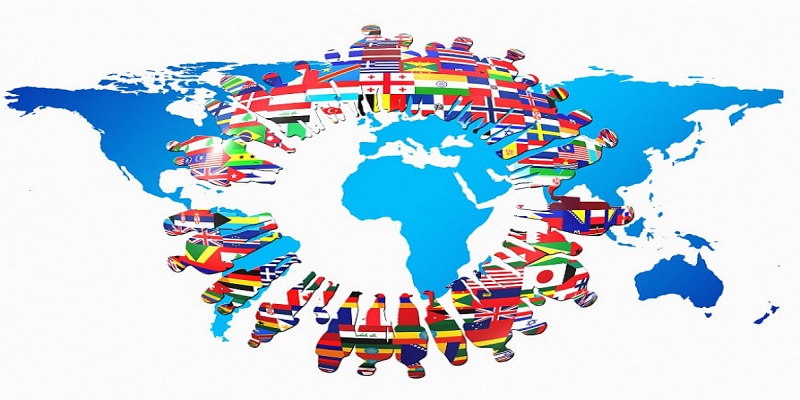Africans' Evolving Diplomacy in The 21st Century

In the 21st century, African nations have undergone significant shifts in their approach to diplomacy, marked by a growing emphasis on regional integration, economic cooperation, and a nuanced foreign policy that reflects the continent's evolving role in the global arena. This narrative will delve into five major facets of this evolving diplomacy, shedding light on key developments and their implications.
Firstly, regional economic integration has emerged as a cornerstone of African diplomacy. The African Continental Free Trade Area (ACFTA), launched in 2018, stands as a testament to the continent's commitment to fostering Intra-family trade and economic cooperation. By breaking down trade barriers and harmonizing regulations, African nations are pursuing a more collective approach to international economic engagement, positioning the continent as a formidable player in the global market.
Secondly, Africa's diplomatic landscape has been shaped by a resurgence of Pan-Africanism, Peace Advocacy, and the quest for collective security. Initiatives such as the African Union's peace and security architecture as well as the Economic Community of West African States(ECOWAS) concept of Peacekeeping reflect concerted efforts to address conflicts and security challenges within the continent. Through peacekeeping missions and mediation efforts, African nations are taking proactive steps to forge a more stable and secure environment, bolstering their diplomatic clout on the global stage.
Furthermore, the 21st century has witnessed a redefinition of Africa's engagements with external partners. Rather than solely relying on traditional allies; African nations are diversifying their diplomatic ties, and engaging with emerging global powers such as China, India, and Brazil, notwithstanding, this calls for strategic reviews amongst member nations of Africa; diversification that not only expands Africa's diplomatic options but also creates a more balanced and pragmatic approach to international relations, leveraging the benefits of multiple partnerships.
In parallel, the rise of digital diplomacy has opened new frontiers for African nations, enabling them to engage with global audiences and leverage technology for diplomatic outreach. From utilizing social media for public diplomacy to digitalizing consular services, African countries are harnessing technology to amplify their diplomatic endeavors, enhancing their visibility and influence in the international arena.
Lastly, climate diplomacy has emerged as a pivotal domain for African nations in the 21st century. With the continent being disproportionately affected by climate change, African diplomats are advocating for climate action, pushing for global commitments to mitigate environmental degradation and foster sustainable development. Through climate diplomacy, African nations are asserting their presence on crucial global issues, seeking to shape policies that directly impact the continent's future.
Overall, the evolving diplomacy of African nations in the 21st century reflects a trajectory marked by regional integration, strategic diversification, digital engagement, and proactive advocacy on global challenges. As Africa continues to assert its influence in international affairs, its diplomatic evolution holds profound implications for the continent's position and role in the ever-changing dynamics of global politics and economics.
By Apostle Amb. Isaac Odenyame (PhD).
Office of The Africa Chief Outreach Officer, Un-ILwpa Takoradi. Ghana-West Africa.
